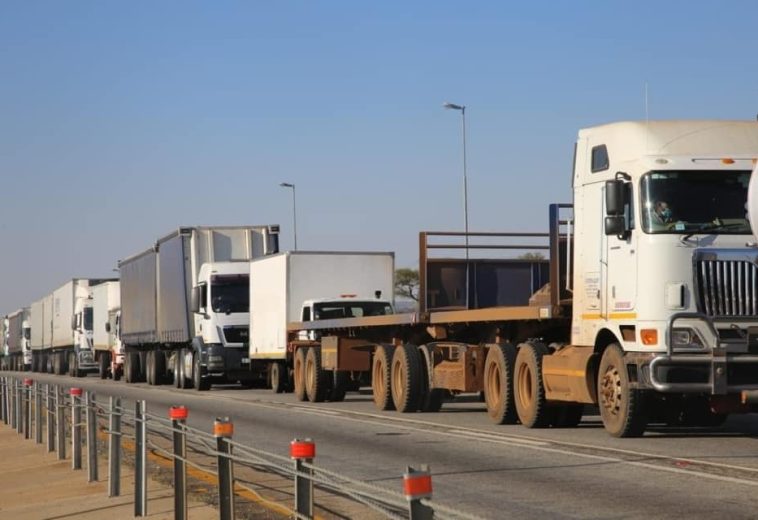The illegal trade of human organs, a serious violation of fundamental human rights, persists globally. Often interconnected with larger human trafficking networks, this illicit commerce preys on vulnerable individuals, primarily to cater to the significant demand for transplants.
Globally, over 125,000 people undergo organ transplantation annually, a relatively small figure when compared to the number of persons on waiting lists for organ transplants. This contributes to the prevalence of illegal practices such as trafficking in human organs (TIHO) and human trafficking for organ removal (HTOR). TIHO and HTOR entail the illicit trade in human organs and the recruitment, transportation, transfer, harbouring, or receipt of persons, through illegal means such as threats, force, or fraud, for the removal of their organs, respectively.
According to the Humanitarian Library’s data, an estimated 40.3 million people worldwide were victims of modern slavery in 2016, with 23% of this total, or approximately 9.23 million individuals, residing in Africa. The International Labor Organization (ILO) reports that a staggering 24.9 million people globally are forced to work under coercion or threat, often in roles such as domestic labour, the sex industry, or other forms of exploitative employment.
An estimated 400,000 people in Africa were victims of forced sexual exploitation, accounting for eight percent of all victims of forced sexual exploitation and commercial sexual exploitation of children worldwide. Forced labour in Africa imposed by private agents for sexual and labour exploitation generated illicit profits to the tune of $13.1 billion in 2014.
According to the UN Office on Drugs and Crime (UNODC), approximately 5-10% of all organ transplants worldwide are the result of illegal activities. Every year, an estimated 10,000 illicit transplants take place, driven by the chronic shortage of legally sourced organs. The World Health Organization (WHO) estimates that only 10% of global demand for organ transplants is met through legal means, leading to a thriving black market where organs, particularly kidneys, are in high demand and highly valued.
In North Africa, the majority (56%) of those who are trafficked are adults. Nevertheless, child victims make up a sizeable portion (44%) of trafficked victims, with boy victims predominating (33%), as opposed to girl victims (11%)). More adult women (32%) than adult men (24%) are trafficked.
Recorded Efforts
The African Union Horn of Africa Initiative (AU HoAI) focuses on combating human trafficking and smuggling of migrants, including organ trafficking. The initiative supports the implementation of the Migration Policy Framework for Africa and the Ouagadougou Action Plan, enhancing cooperation among member states to dismantle trafficking networks and prosecute offenders.
READ ALSO: Africa’s Innovations in Cross-Border Transportation
National agencies and laws are also playing a crucial role in combating organ trafficking. For example, Nigeria’s National Agency for the Prohibition of Trafficking in Persons (NAPTIP) works to prevent human trafficking and prosecute offenders. Similarly, other African countries have established their anti-trafficking agencies, working in coordination with international bodies to combat this transnational crime.
Notable initiatives include Operation FLASH-WEKA, a joint Endeavor by Interpol and Afripol, which has resulted in over 1,000 arrests and significantly disrupted criminal networks. Additionally, awareness campaigns and victim support programs are being implemented to reduce the impact of organ trafficking and prevent further exploitation.
Despite progress made in combating organ trafficking in Africa, the region still faces significant challenges that hinder its eradication. Limited resources, corruption, lack of political will, and inadequate data on trafficking activities remain major obstacles. To overcome these hurdles, it is crucial to strengthen legal frameworks, increase funding for anti-trafficking initiatives, and enhance regional cooperation.


